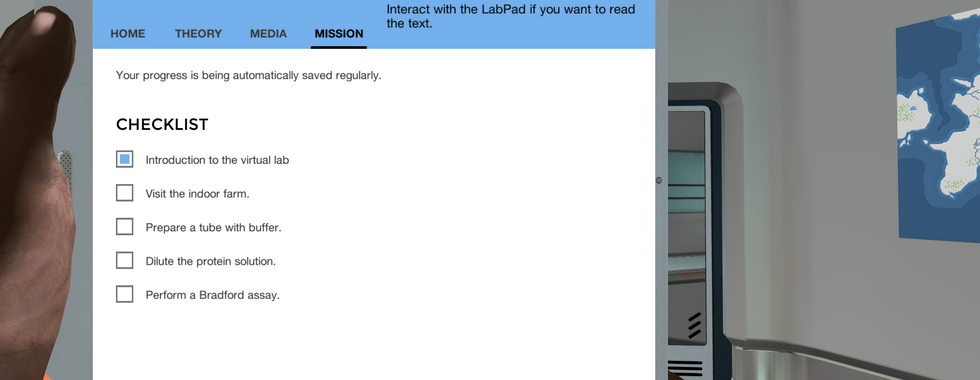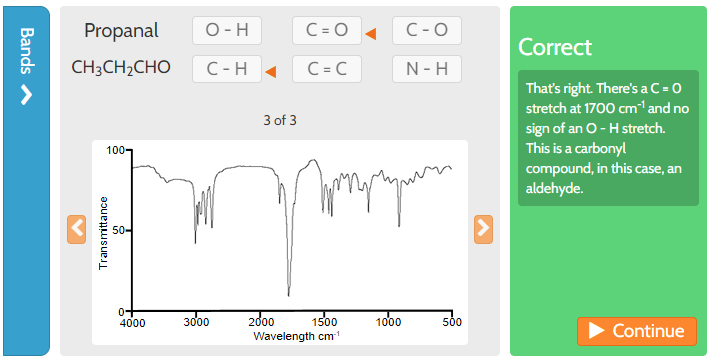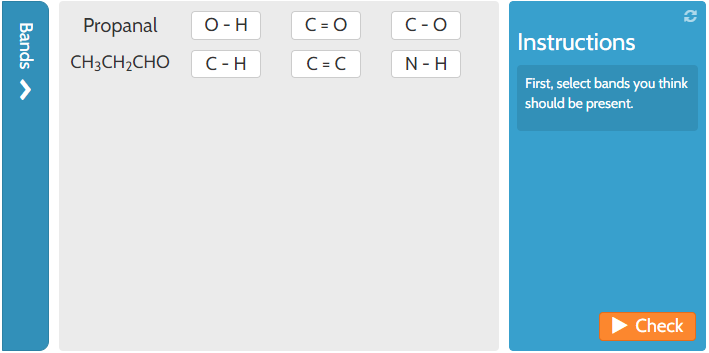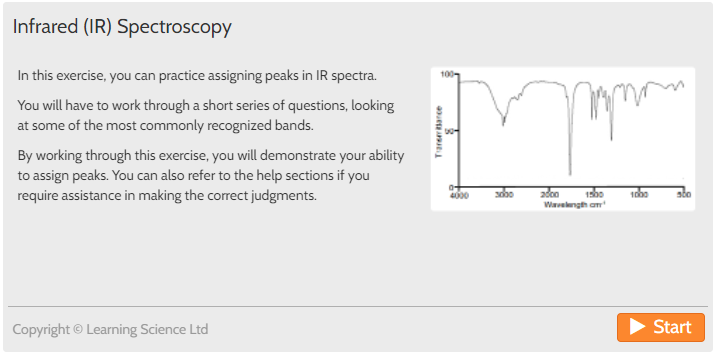Virtual Laboratory Simulations (VLS)
Dr. Cheung Man Sing, Assistant Manager (Laboratory), Department of Chemistry, Hong Kong University of Science and Technology (HKUST) Email: sing@ust.hk
Dr. Philip Lam, Lecturer, Division of Life Science, Hong Kong University of Science and Technology (HKUST)
Email: ylam@ust.hk
Dr. Amy Li, Teaching Associate, Division of Life Science, Hong Kong University of Science and Technology (HKUST)
Email: amylaamli@ust.hk
Laboratory classes are essential for students in the science and engineering field to acquire practical skills and make sense of abstract and complex scientific phenomena. Under the constraints of large class size and timetabling problems for common core courses, limited laboratory spaces, and restriction of face-to-face classes due to the COVID-19, the Hong Kong University of Science and Technology (HKUST) launched a virtual teaching and learning initiative to adopt virtual laboratory simulation (VLS) modules provided by two commercial companies, namely Labster and Learning Science, to bridge these gaps. It is proposed that the use of ‘off-the-shelves’ products helps to save time and reduce the cost to produce in-house virtual laboratory modules, and it is not necessary to reinvent the wheels if these modules fit into the curriculum.
In the Fall Term 2021, three courses with over 500 students were involved in the pilot run of the initiative, including fundamental and advanced level courses. The three courses were CHEM1050/1055-Laboratory for General Chemistry I/II, LIFS3110-Biotechnological Application of Recombinant DNA Techniques and LIFS2720-Introductory Biochemical Laboratory respectively. Students taking these courses were encouraged to attempt the related VLS modules to get familiar with the basic concepts and procedural knowledge to supplement the lectures and physical lab tutorials.
To evaluate the user-friendliness and effectiveness of these VLS modules, students were invited to complete a feedback survey in the middle and again at the end of the semester. With 200 and 85 responses received for the midway and end of semester evaluation respectively. Over 80% of students from each survey found that the instructions and guidelines of the VLS modules helpful and around 80% of students from each survey agreed that the contents of the VLS meet their expectations and the use of VLS increased their self-efficacy to put theory into practice.
A focus group interview was conducted near the end of Fall Term 2021 to collect feedback from the instructor about the application of VLS within courses. Questions regarding how VLS was integrated into the curriculum and how it supported students’ learning were asked. The instructors considered the VLS useful for pre-lab training to prepare students for the physical experiments. Overall, students increased in confidence when doing experiments, particularly for the handful techniques, in the physical lab after the adoption of VLS. With the aid of the VLS, there was a reduction in questions related to repetitive procedures, required a shortened time to complete the tasks, and a decrease in experimental error because the VLS modules enabled and consolidated what students have theoretically learned so that they are more assured during laboratory practices.
To broaden the usage of the VLS, it is essential to consider its flexibility, engagingness, and user-friendliness, and to enable functions that track student learning progress via assessment throughout modules. Since more instructors have signed up to explore the potential of this interactive learning instrument as the project carries on, the project team is to gather more data to further define what impact can VLS make on teaching and learning and to evaluate the effectiveness of VLS in more courses.












